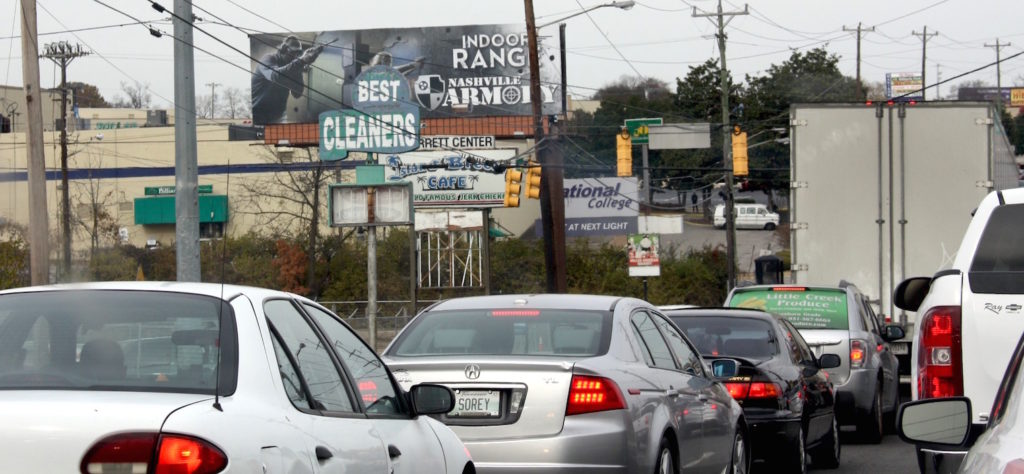
In 2018, Tennessee passed a law to eliminate vehicle emission testing.
Six counties initially kept their mandates, but now Davidson County is the last to consider ending the long-standing annual requirement.
Nationwide, there isn’t a consistent framework for vehicle emissions testing. Most cities and counties that require testing are areas with high air pollution levels.
Cars emit pollutants like carbon monoxide, nitrogen oxides and hydrocarbons, which affect heart health and cancer and asthma risks. Cars also contribute to lung-damaging ozone pollution. Additionally, cars belch out greenhouse gases. The transportation sector represents the highest source of emissions in the U.S. — at 29% — and the average car emits about 4.6 metric tons of carbon dioxide each year, according to the Environmental Protection Agency.
Many state emissions mandates are focused on the manufacturers. California, for example, has a zero-emission vehicle regulation that requires automakers to offer a minimum percentage of cars with clean technologies, like full battery-electric, hydrogen fuel cell and plug-in hybrid-electric vehicles.
Metro officials will host a meeting to discuss local air quality and future emissions measures on Monday at 4 p.m. The council will vote on whether to keep the testing program on Jan. 4. If eliminated, testing requirements would end on Jan. 28.

